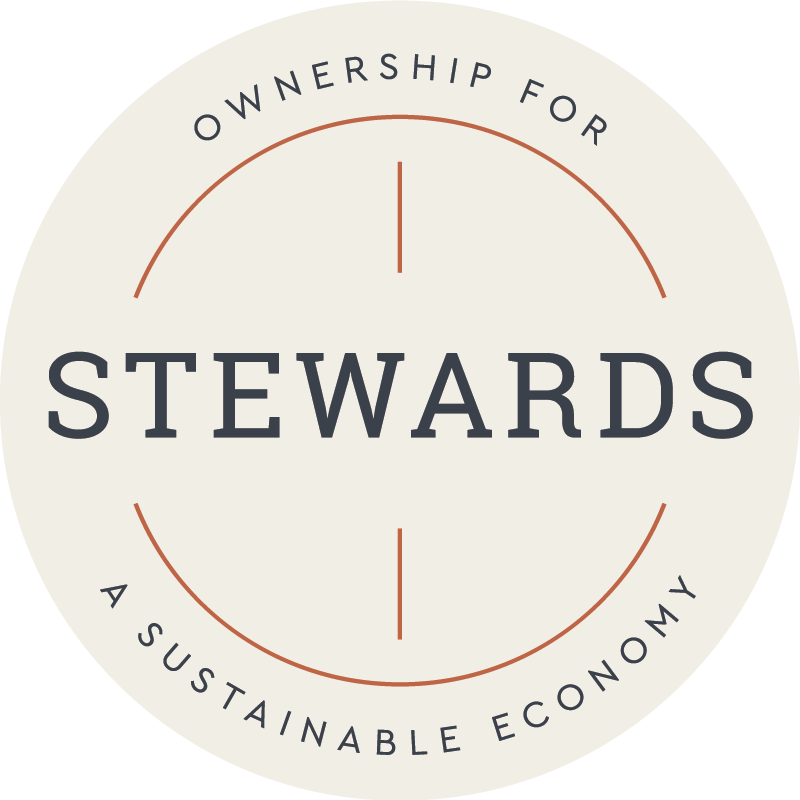Steward-ownership
Steward-ownership is more than a business structure or governance model —it’s a commitment to embedding purpose over profit and self-governance into the organization's DNA. It ensures that every decision is guided by a dedication to long-term independence and unwavering mission alignment.
Self-governance
Control of the company cannot be speculated and is held by people directly connected with the company’s mission and operation, like founders and employees, while investors receive greater guarantees over dividends and payouts.
Profit serves purpose
Profits are means to an end, not the ultimate goal. Investors and founders are fairly rewarded, while the responsibility of upholding the company’s mission is entrusted to dedicated stewards, ensuring purpose remains the guiding force.





